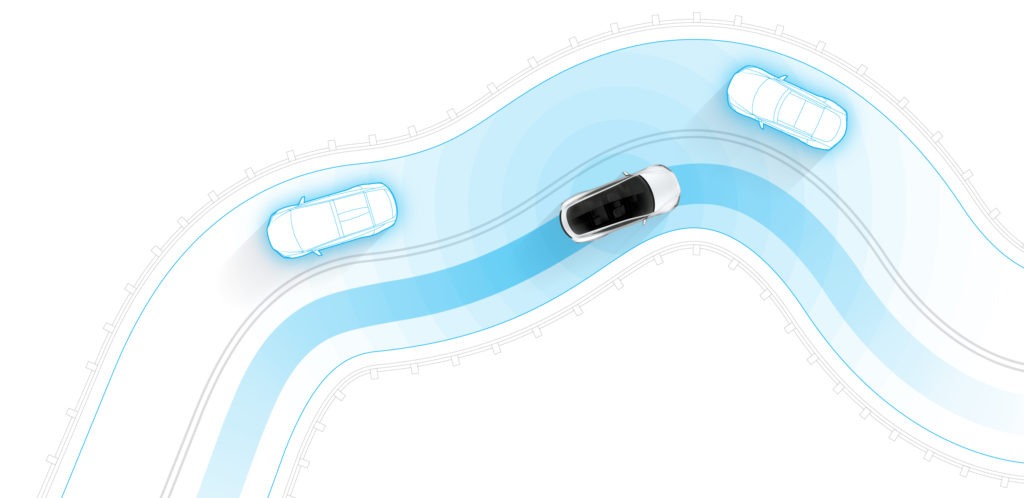Tesla Autopilot promotion branded ‘misleading’ in Germany
15 July 2020

Tesla has been banned from using adverts in Germany that reference its ‘Autopilot’ system as a fully-autonomous driving experience.
In a case brought forward by Germany’s Wettbewerbszentrale, (Centre for Protection against Unfair Competition), a court in Munich agreed that adverts which stated Tesla vehicles had ‘full potential for autonomous driving’ and ‘Autopilot inclusive’ were misleading. The carmaker has the right to appeal the ruling.
Tesla’s website made claims that Autopilot would allow for ‘automatic steering, acceleration and braking, taking into account vehicles and pedestrians.’ This included ‘automatic driving on motorways from entry to exit, including motorway intersections and overtaking slower vehicles.’ The Tesla website hinted at ‘automatic driving in urban areas by the end of the year,’ according to the court.
The carmaker had also stated on its website that ‘the functions currently activated require active monitoring by the driver – autonomous operation of the vehicle is therefore not possible.’
Hands-on
In a tweet replying to the defence of the carmaker using the term ‘autopilot’ which highlighted a Wikipedia page entry on the system in aviation (showing that it does not replace human interaction), CEO Elon Musk stated: ‘Tesla Autopilot was literally named after the term used in aviation. Also, what about Autobahn!?’
In its ruling, the court said: ‘By using the term ‘autopilot’ and other wording, the defendant suggests that their vehicles are technically able to drive completely autonomously. Furthermore, the impression is given that autonomous-vehicle operation is permitted in road traffic law in the Federal Republic of Germany, but this is not the case.’
There have been fears that the term ‘autopilot’ may lead to consumers believing their vehicles can do more than is both technically and legally allowed.
Under scrutiny
In the US, the National Transportation Safety Board (NTSB) recommended an evaluation of Tesla ‘Autopilot’- equipped vehicles in February ‘to determine if the system’s operating limitations, foreseeability of misuse, and ability to operate vehicles outside the intended operational design domain pose an unreasonable risk to safety.’ This came following a fatal accident where a Tesla driver was playing on his phone while relying on the system.
‘This tragic crash clearly demonstrates the limitations of advanced driver assistance systems available to consumers today,’ said NTSB chairman Robert Sumwalt. ‘There is not a vehicle currently available to US consumers that is self-driving. Period. Every vehicle sold to US consumers still requires the driver to be actively engaged in the driving task, even when advanced driver-assistance systems are activated.
‘If you are selling a car with an advanced driver-assistance system, you’re not selling a self-driving car. If you are driving a car with an advanced driver-assistance system, you don’t own a self-driving car,’ he explained.
In October last year, Tesla faced criticism following the launch of its ‘Smart Summon’ feature, following several accidents and near-misses. The system, where drivers can call their vehicle to them using an app from up to 200-feet away, was launched as a ‘beta’ version with much interest, but caught the attention of the US National Highway Traffic Safety Administration (NHTSA) following social-media posts showing issues with the technology.